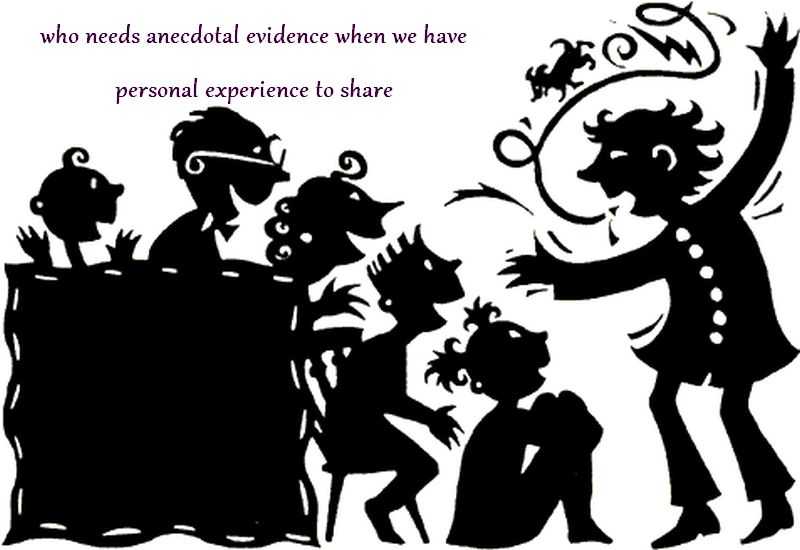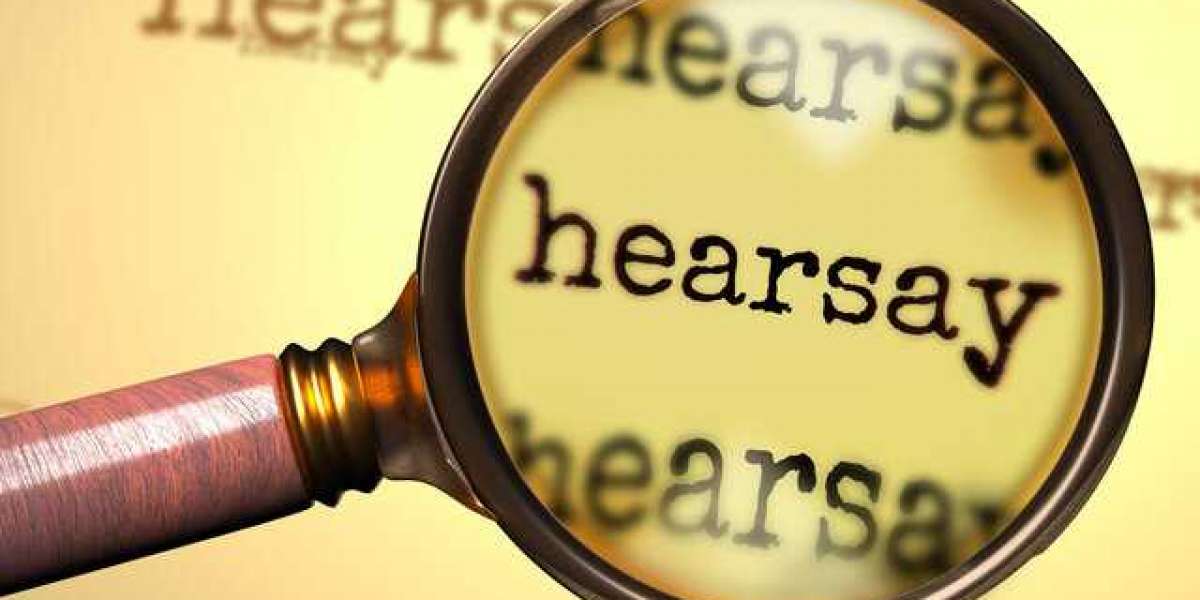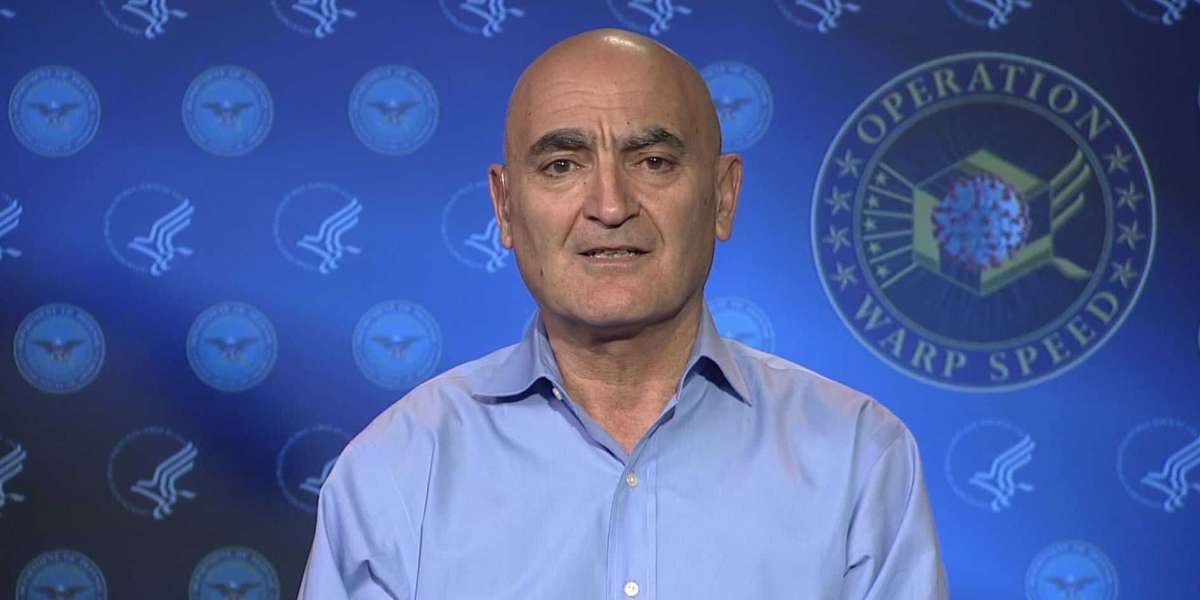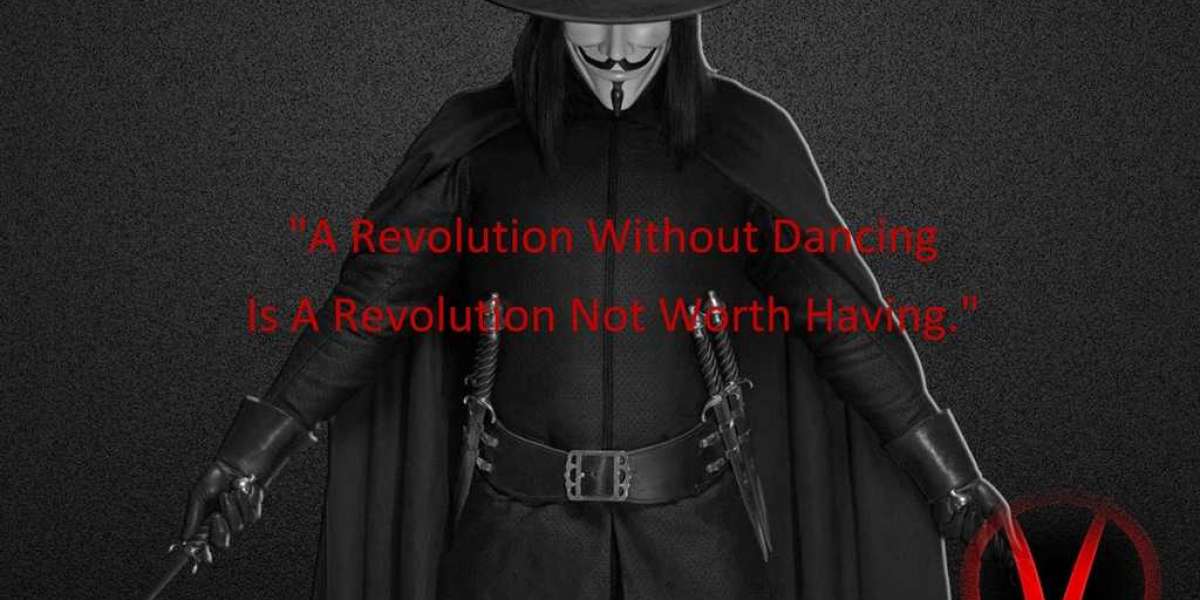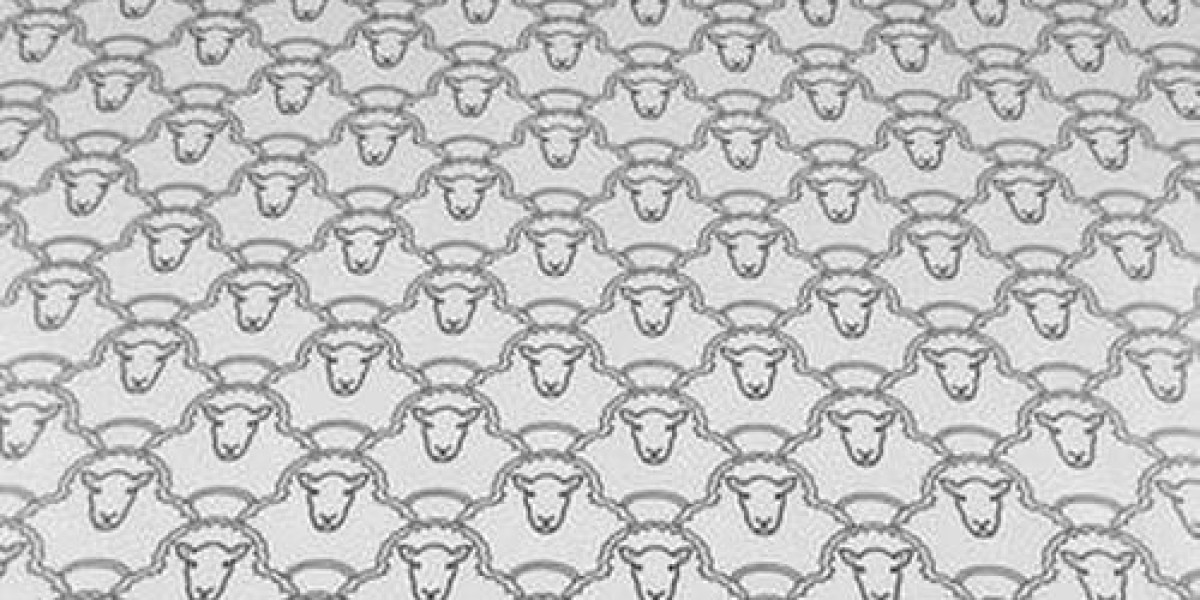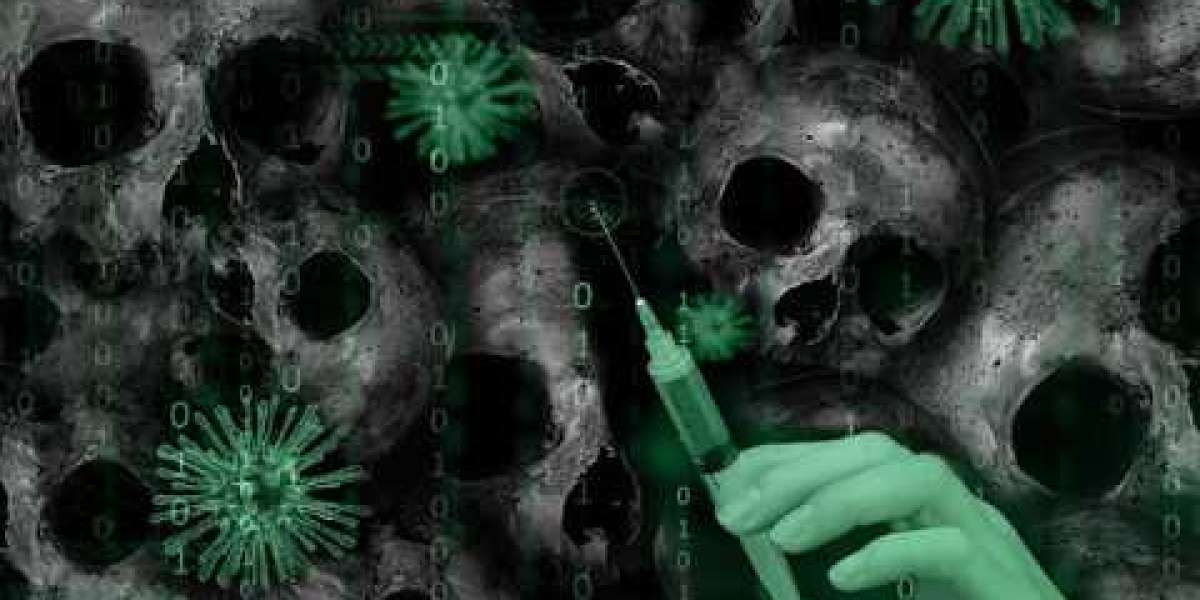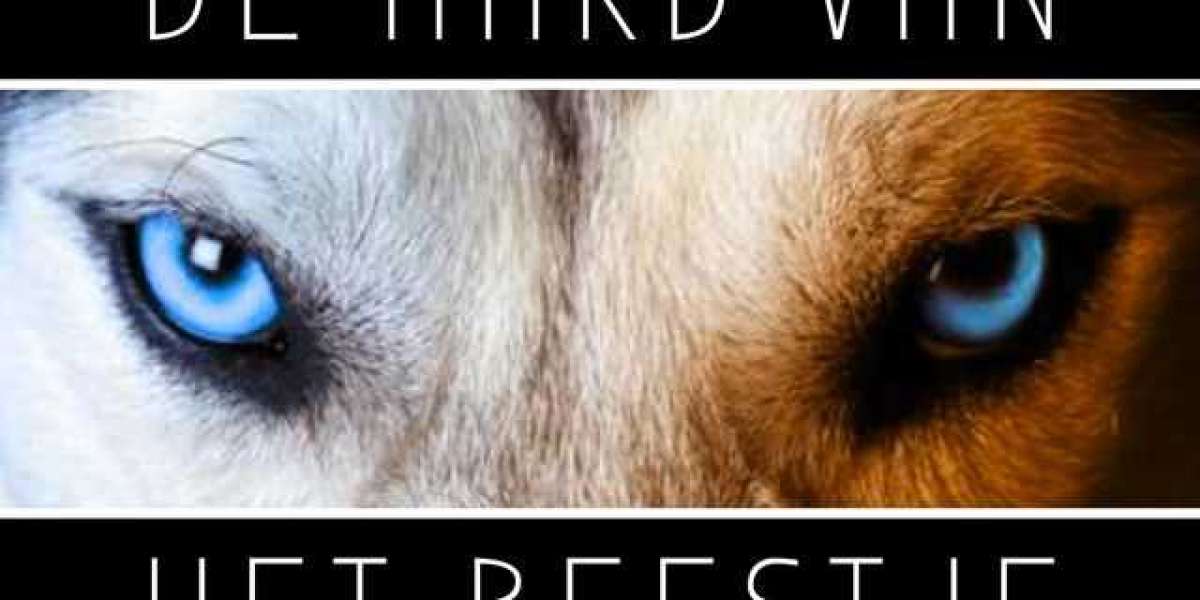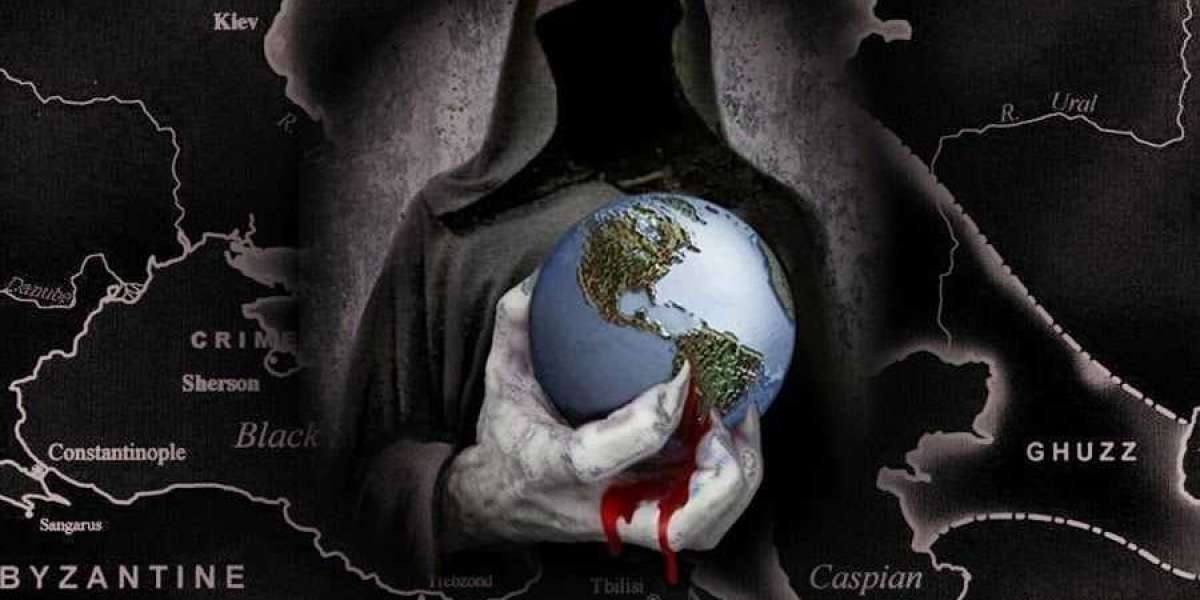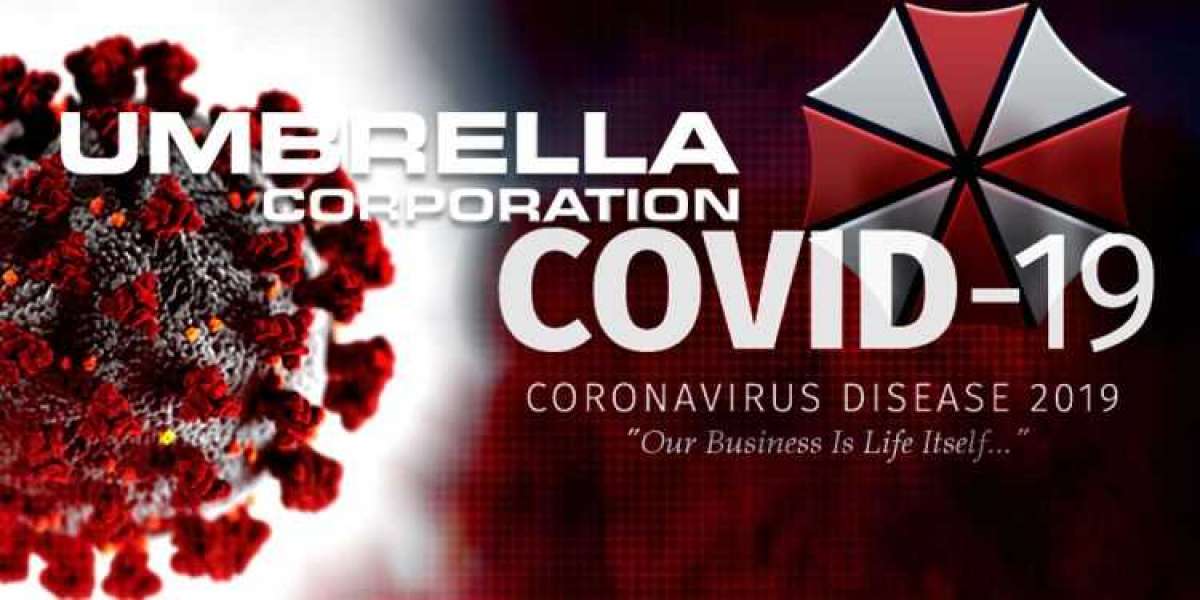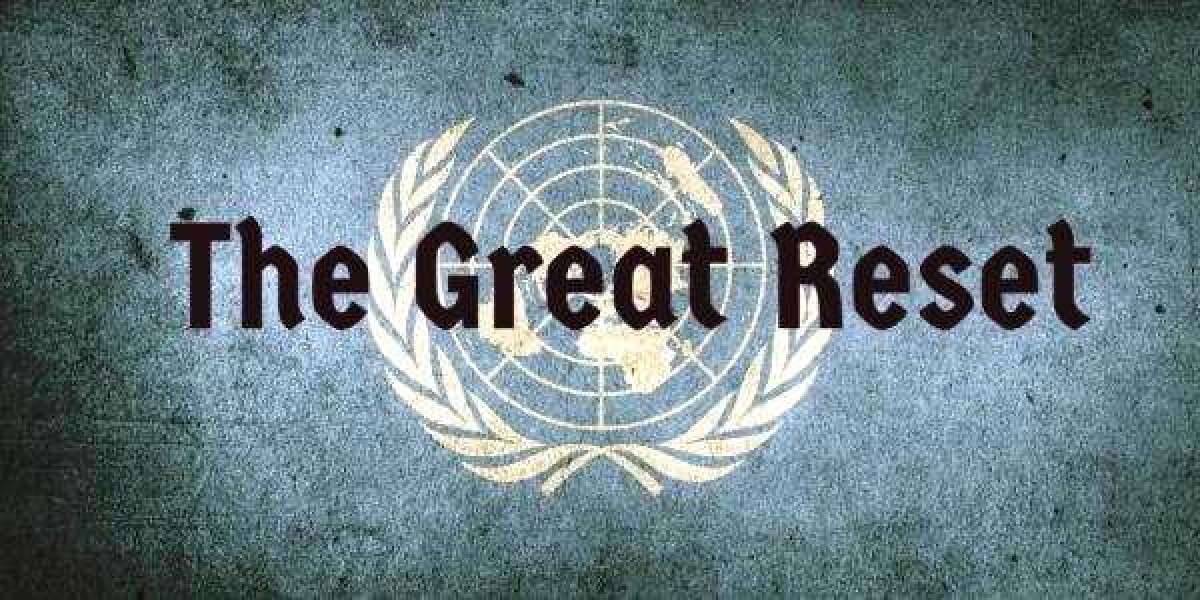For most of the time humans have been on Earth, if they wished to observe something, they had to be physically present. Stories told around campfires would create images, some more fantasized than others, but beyond that, ancient man was fairly firmly rooted to the reality as interpreted by its own senses.
As painting developed, but more importantly, as writing developed, and photography; first still, then moving, people could be exposed to images of things they had not seen themselves. Today, we are even exposed to images of things that are, in fact, deliberate fakes. The conscious part of our brain knows when we see a movie, we are seeing actors, in costumes, on a set, being photographed or filmed. On the other hand, these images are stored in our brains without a label that reads: false image.
Our six senses; vision, hearing, smell, taste, touch and intuition are our only contact with the world outside our bodies. These senses send data to the brain which processes it and stores it in a memory bank.
This is important when you realize that, during a lifetime, literally millions and millions of false images are stored in our brains. The further we get from the moment we first saw the false image, the more difficult it is to sort out what is a true image and what is a false image.
For example, if the American Civil War comes up, most of us will pull up images from the movie 'Gone With The Wind' or images from the public services about the war. None of us experienced the actual event. Our only visual images of it are from photographs, artwork and Hollywood sets. None of these captures the reality of the event in its wholeness. Bear in mind, then, that we know nothing about the past except what we have been told in words, artwork, photographs and film produced by others.
Consider, that, something we have been told happened, in fact, did not happen? Consider, that, all the words we've read and heard about it and all the images we have seen in artwork, photographs and film were, in fact, deliberately chosen to deceive us?
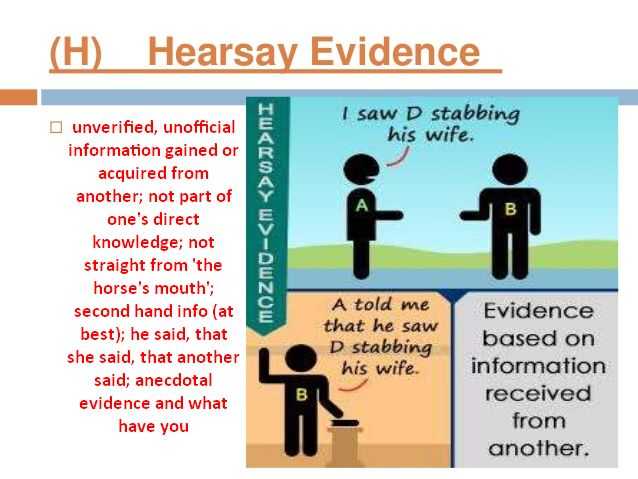
It's stunning, when you think about it, that 100 percent of our knowledge of the past is created in our minds by words and images produced by other people. The same goes for much of our knowledge of the present.
We can be in only one place at one time and directly experience what is within range of our senses. Beyond that, we rely on words and images transmitted to us by others. Whether these words and images are indeed accurate reflections of the real things is difficult for us to know.
This brings us to a paradoxical dilemma ...
The most sure way to establish truth is by facts, which are determined by the properties that define them.
In order to discern fact from fiction we must know what fact is. In order to know what fact is - to establish it; to be able to recognize fact for what it is, especially when not directly obvious - we must know what the properties are that define fact so that we can identify it.
Here's the clincher: in this we will find ourselves faced with a stumbling block ...
When you are asked to cite the properties that define fact, chances are, you'll discover you can't. Go ahead, take it to the test, amaze yourself ...
.
Now what?
